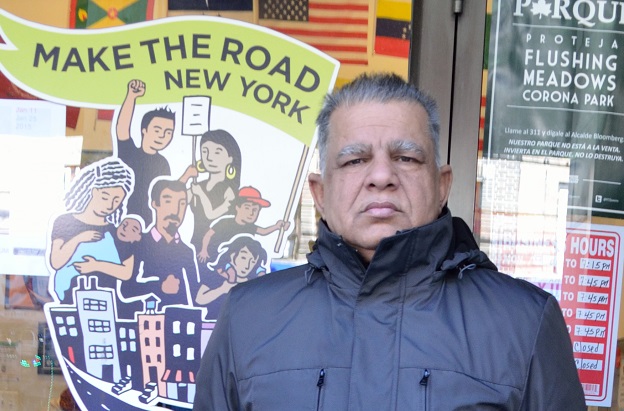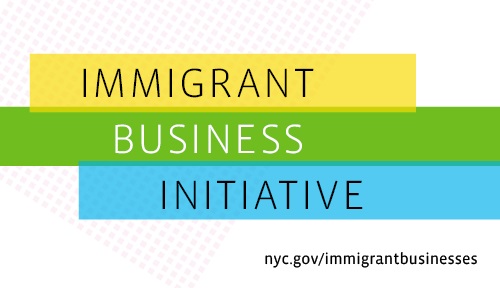A settlement has been reached after Make the Road New York filed a complaint to the New York City Commission on Human Rights (NYCCHR) accusing three Queens NYPD precincts of denying police assistance to non-English speakers.
Make the Road New York (MRNY), the largest immigrant-led grassroots organization in the state, filed the complaint two years ago, challenging NYPD’s “long-standing” pattern of discriminatory practices. Members alleged that language interpretation was not provided while seeking law enforcement protection or attempting to report a crime, particularly in Queens’ 108th, 110th and 115th precincts.
“Each complainant was unable to communicate effectively with the NYPD and access critical services in moments of crisis,” MRNY said in a statement. “Two complainants were wrongfully arrested because of the NYPD’s failure to provide foreign language interpretation.”
Maria Aparicio, a Make the Road New York member and a complainant, said that she was ignored when she asked the police for help.
“I knew that they were discriminating against me and that they would not treat someone who spoke English as they treated me,” Aparicio said. “It left me feeling so hopeless and paralyzed in my powerlessness.”
Cristobal Gutierre, an attorney for MRNY, said that this is not the first case of discrimination against NYPD and he predicts it won’t be the last.
“[NYPD] has rejected clients or complainants, like ours, on a routine basis,” Gutierre said. “We have so many cases from before this case was filed, where they rejected people because they did not speak English.
“I do think the NYPD will be sued on the same grounds. We are happy with the [settlement]; we think it’s a step forward in the right direction, but unfortunately, I don’t think this will be the end. Until there is individual accountability of police officers for their misconduct, I don’t think that the problem will be solved.”
As part of the settlement, for a period of two years, NYPD must produce reports to MRNY revealing their interactions with limited English proficiency (LEP) people, so that the organization can act as a watchdog of sorts.
“We and the commission will be reviewing the complaints filed by LEP individuals and we will try and have a better sense of how these individuals are treated,” Gutierre said. “We hope with this part of the settlement we will be able to have a window into what the NYPD does with LEP individuals.”
The settlement also stipulates NYPD expand community outreach efforts and revise training procedures. NYPD must also create new signage, alerting visitors of available interpretations. On top of that, NYPD has been ordered to pay $72,000 to MRNY for pain and suffering of the complainants.
Aparicio said she hopes this settlement will ensure everyone gets fair treatment.
“Everyone should have the right to be spoken to in their own language and receive interpretation when they ask for it, especially when they are seeking safety and protection from harm,” Aparicio said.
Gutierre argued that it is not due to a lack of resources or policies that the NYPD is denying interpretive services.
“I think it has to due with a lack of training but also with a lack of empathy,” Gutierre said.
In accordance with Title VI of the Civil Rights Act of 1964, along with state and local laws, NYPD must provide equal access to services. Typically, officers utilize bilingual members of the department of Language Line, a program launched in 2005 for a person to report a crime or seek services in as many as 150 dialects.
“Forty-five percent of New Yorkers speak a language other than English at their homes,” Gutierre said. “Non-compliance with existing law by the NYPD makes the internationality of our city less efficient and less fair. For the millions who call this city their home, it’s super important to have access to services in their own language.”
Gutierre said that he encourages non-English speakers to always make sure every city agency they interact with is complying with local, state and federal law by offering interpretive services.
NYPD told QNS that “the settlement was in the best interest of all the parties involved.”



































